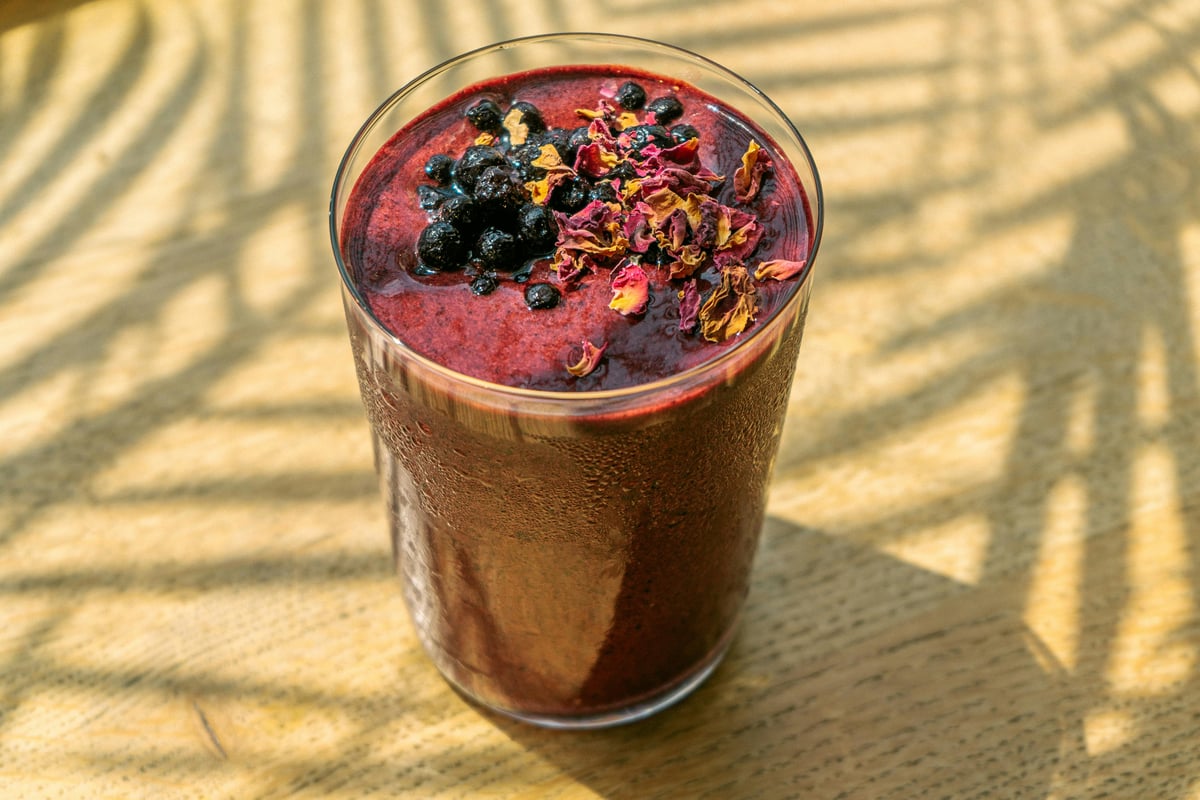Health
Celebrity Placenta Consumption: Trend or Health Risk?

A recent Instagram post by musician Calvin Harris has sparked considerable debate about the safety and efficacy of consuming placenta. The post featured heartwarming images of Harris, his wife Vick Hope, and their newborn son, Micah. However, the fourth image, showcasing the process of creating placenta pills, has raised eyebrows and questions about this growing trend, known as placentophagy.
Placentophagy, the practice of consuming the placenta after childbirth, has gained traction among various celebrities, including Kim Kardashian and Gwyneth Paltrow. Proponents argue that the placenta, a crucial organ during pregnancy, provides various health benefits for mothers. This temporary organ not only nourishes the fetus but also supports hormone production, blood separation, and nutrient delivery.
Helen Wright, a hypnobirthing therapist and doula known as the “placenta lady,” claims to have seen positive results from her clients who consume their placentas. According to her, benefits reported include reduced post-birth bleeding, increased milk supply, balanced hormones, and even protection against post-natal depression. Wright offers a variety of placenta-based products, such as smoothies for £125, capsules for £325, and body butter for £55, through her website, birthwright.co.uk.
Health Concerns and Scientific Backing
Despite the anecdotal endorsements, scientific evidence supporting the health benefits of placenta consumption is scant. Nutritionist Dr. Federica Amati, who works with the health organisation ZOE, argues that the risks associated with eating placenta may outweigh any potential benefits. Health professionals and agencies have warned against placentophagy, citing concerns over bacterial contamination, which can pose serious health risks.
Notably, a case in Oregon in 2016 linked a mother’s consumption of dehydrated placenta capsules to a severe bloodstream infection in her newborn. Tests revealed that the bacteria found in the capsules were genetically identical to those causing the infant’s illness. This incident underscores the potential dangers of the practice, as contamination with bacteria such as group B Streptococcus (GBS) can lead to serious health outcomes.
Wright acknowledges the lack of strong scientific support but maintains that her work is about empowering women during the transformative experience of motherhood. She believes that placenta remedies are part of a broader approach to nurturing and supporting new mothers, despite the ongoing debate about their safety and efficacy.
Public Perception and Cultural Context
As the discussion around placentophagy continues, public perception remains divided. Some view the practice as a trendy wellness solution, while others express concern about its health implications. Social media platforms amplify these differing views, with celebrity endorsements contributing to the growing popularity of placenta consumption.
The rise of placentophagy highlights a broader cultural fascination with alternative health practices, often intersecting with trends in wellness and nutrition. As more individuals and families navigate the complexities of childbirth, the decision to consume placenta may reflect personal beliefs about health, nourishment, and the postpartum experience.
In conclusion, while the practice of consuming placenta is gaining popularity among certain circles, the scientific consensus raises significant questions about its safety and potential health risks. As more individuals share their experiences and seek information, the conversation around this controversial trend is likely to evolve, prompting further scrutiny and discussion in the realm of maternal health.
-

 Entertainment3 months ago
Entertainment3 months agoAnn Ming Reflects on ITV’s ‘I Fought the Law’ Drama
-

 Entertainment4 months ago
Entertainment4 months agoKate Garraway Sells £2 Million Home Amid Financial Struggles
-

 Health3 months ago
Health3 months agoKatie Price Faces New Health Concerns After Cancer Symptoms Resurface
-

 Entertainment3 months ago
Entertainment3 months agoCoronation Street’s Carl Webster Faces Trouble with New Affairs
-

 Entertainment3 months ago
Entertainment3 months agoWhere is Tinder Swindler Simon Leviev? Latest Updates Revealed
-

 Entertainment4 months ago
Entertainment4 months agoMarkiplier Addresses AI Controversy During Livestream Response
-

 Science1 month ago
Science1 month agoBrian Cox Addresses Claims of Alien Probe in 3I/ATLAS Discovery
-

 Entertainment4 months ago
Entertainment4 months agoKim Cattrall Posts Cryptic Message After HBO’s Sequel Cancellation
-

 Entertainment3 months ago
Entertainment3 months agoOlivia Attwood Opens Up About Fallout with Former Best Friend
-

 Entertainment6 days ago
Entertainment6 days agoCoronation Street Fans React as Todd Faces Heartbreaking Choice
-

 Entertainment3 months ago
Entertainment3 months agoMasterChef Faces Turmoil as Tom Kerridge Withdraws from Hosting Role
-

 Entertainment4 months ago
Entertainment4 months agoSpeculation Surrounds Home and Away as Cast Departures Mount

















